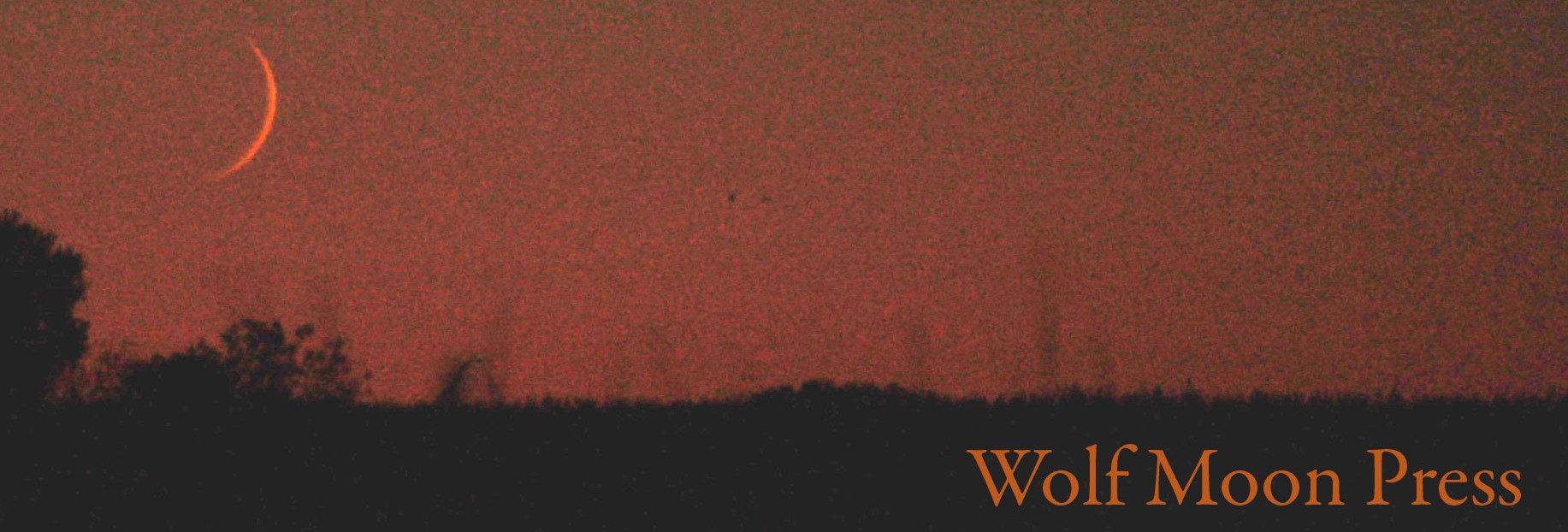If you’re on this planet (and I sometimes hope that space aliens have WiFi, too), then you likely know about the devastating bush fires in Australia back in the Spring (for the northern hemisphere) and what’s going on in California and the northwest USA right now. There’s a benefit for the natural world in a wildfire, even if we mere humans find it to be threatening to everything.
Why is it a threat? Because we can’t control it unless it’s small and can be put out quickly. Storms are just as bad; a derecho (straight-line high speed wind) went through the Chicago area and south of it a couple weeks ago, taking 15 tornadoes along with it. Now the Atlantic and eastern Pacific are ramping up hurricanes for the storm season. We can’t control any of this, so the objective in a story about something like this is to address the people who find a way to survive it and rebuild.
I’ll throw this out here, because it’s happened before: the 1974 tornado swarm started in the south-central Midwest, with a few tornadoes, and the number grew as it moved slightly north, but mostly eastward, ending up in Xenia, OH. The damage was vast. It was labeled a tornado swarm. A few years later, another tornado swarm happened. What caused this was near-perfect conditions in humidity, temperature, and wind direction, and maybe just plain luck on Mother Nature’s part.
The way we view daily weather is “it’s nice today, I’ll go out and play” but if it’s raining, we have to stay indoors instead going out and splashing through puddles like kids like to do. Why? Why can’t we be little kids when we want to? And what if you created a character who could make wonky weather work, for no known reason, but did it because it was fun to see it happen? What would happen if the grown-ups found out?
Since the end of Summer is drawing near, and it’s been a rather dry season in my area, the conditions for bad weather are opening up. It makes a good setting for a weird storm season a few weeks later.
Watch the clouds, how they change shape, and how the gray clouds and white clouds seem to have different personalities. If you see high cirrus clouds with ice dropping out of them, ask why the ice is dropping? Are those clouds telling us something? There’s a story there, and it’s not just the usual weather story. Remember, Uranus is the god of the Atmosphere and Neptune is the god of the Oceans. Maybe they could be part of this story, too.
Have some fun and enjoy the rest of summer!













